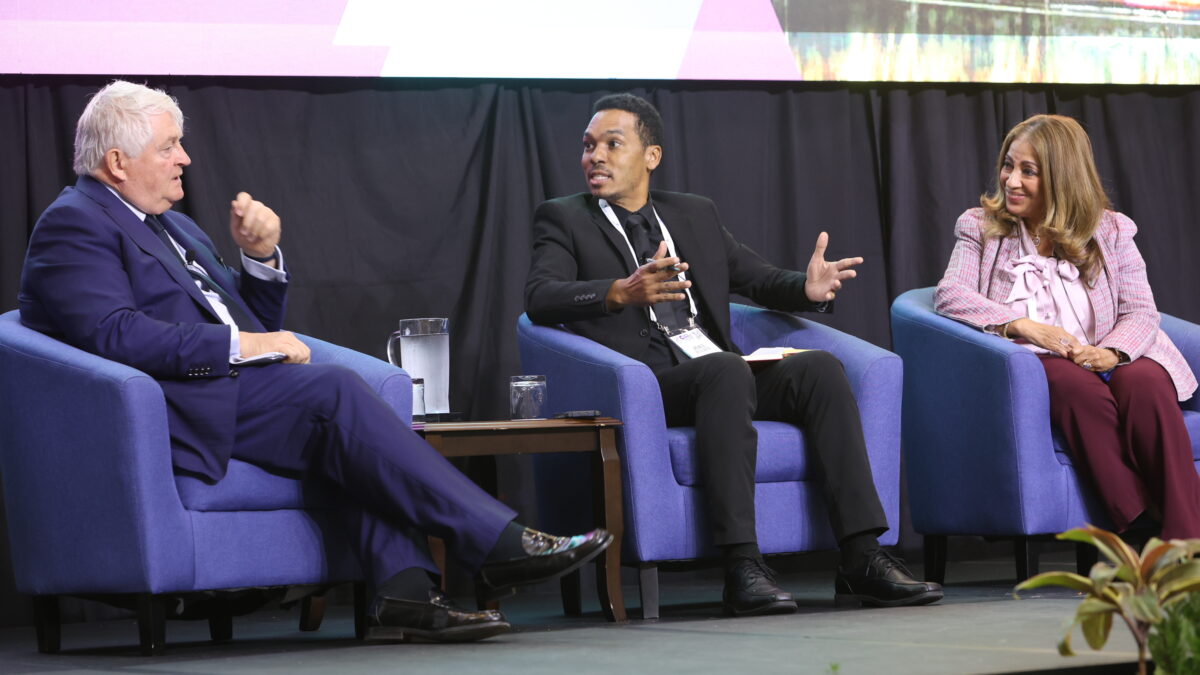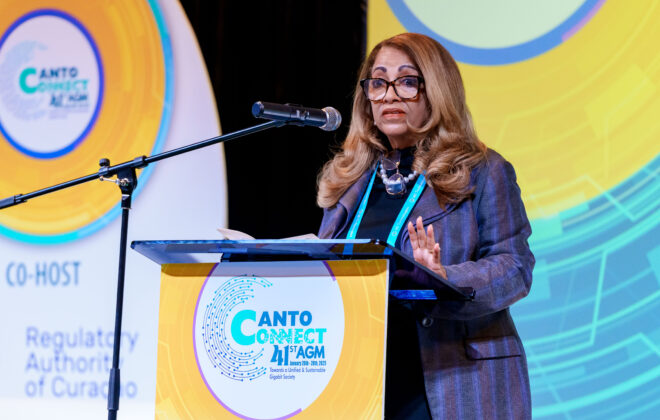NO MONEY FOR 5G SAYS REGIONAL TELCOs
NO MONEY FOR 5G SAYS REGIONAL TELCOs
Port of Spain Port of Spain Digicel’s founder and member of CANTO’s C9 lobby on the fair share issue, Denis O’Brien, says capital for installing and deploying 5th Generation connectivity in the region is unavailable, given the cost of current capital and revenue losses experienced by telecom operators. Mr. O’Brien spoke at CANTO Connect, the 40th Annual General Meeting, mini Conference, and Trade Show at the Hyatt Regency Trinidad. CANTO is the telecom/ICT sector’s trade association.
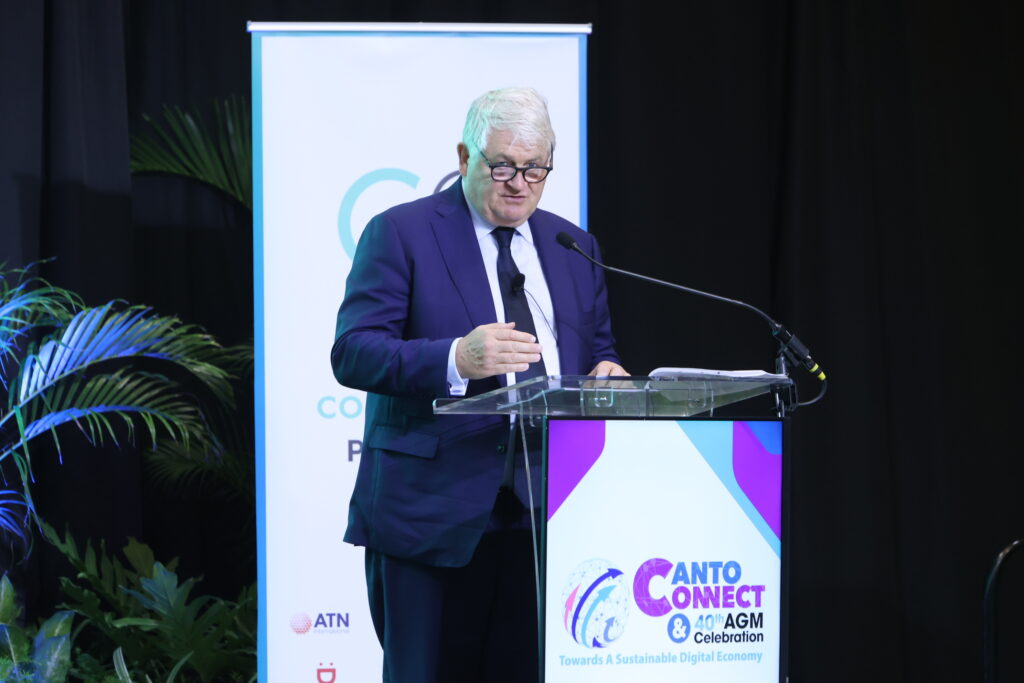 Digicel’s founder says 5G is not viable given the density of towers required and the cost of laying fibre to connect them. He noted that Caribbean operators have invested over USD500 million in infrastructure upgrades since 2017 but have yet to see a return on their investment. Telcos’ revenues are flat and declining even though mobile data traffic has increased by 500 percent because consumers utilise the free voice services of Over the Top (OTT) providers. Further, OTT content providers such as Netflix, Meta, TikTok, Alphabet, Apple, and Amazon, responsible for 67 percent of the traffic on the broadband network built by Caribbean telcos, in 2023 alone collectively earned USD11.5 billion. He shared that OTTs have grown their business free of charge in the last ten years at the expense of telcos, which carry all the costs associated with doing business in the region.
Digicel’s founder says 5G is not viable given the density of towers required and the cost of laying fibre to connect them. He noted that Caribbean operators have invested over USD500 million in infrastructure upgrades since 2017 but have yet to see a return on their investment. Telcos’ revenues are flat and declining even though mobile data traffic has increased by 500 percent because consumers utilise the free voice services of Over the Top (OTT) providers. Further, OTT content providers such as Netflix, Meta, TikTok, Alphabet, Apple, and Amazon, responsible for 67 percent of the traffic on the broadband network built by Caribbean telcos, in 2023 alone collectively earned USD11.5 billion. He shared that OTTs have grown their business free of charge in the last ten years at the expense of telcos, which carry all the costs associated with doing business in the region.
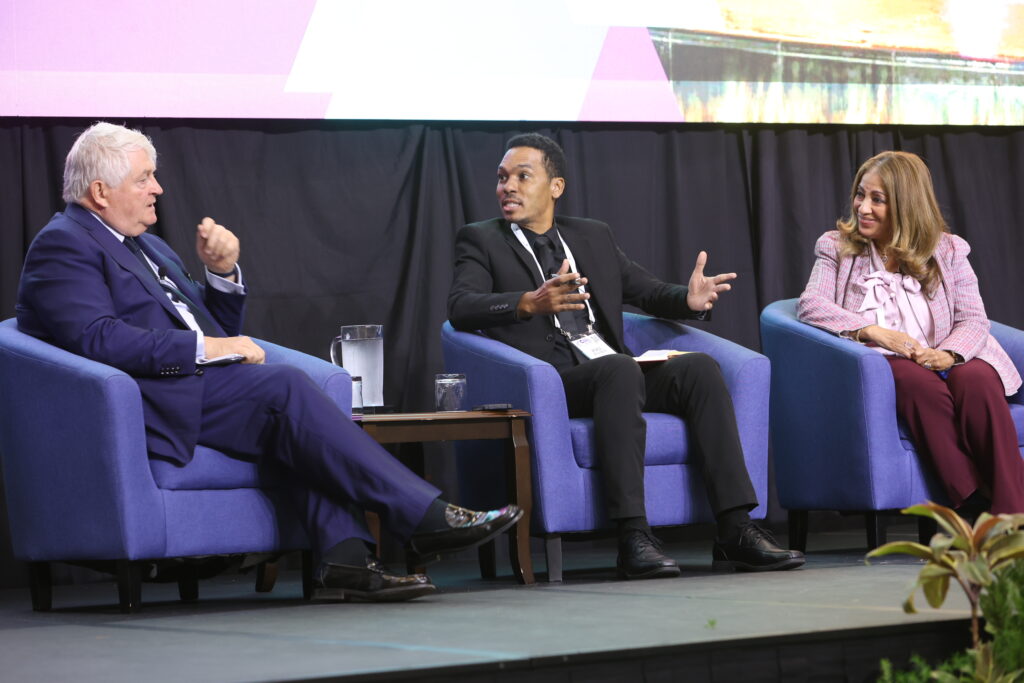
CANTO’s C9 lobby comprises telco operators ATN International, Guyana Telegraph and Telephone (GTT), The Cable, Liberty Latin America, Digicel, Belize Telemedia Limited, Cable Bahamas, the Telecommunications Services of Trinidad and Tobago (TSTT), and Telesur. C9 wants OTTs to pay their fair share of the costs associated with broadband infrastructure development, deployment, and upgrade owing to the volume of OTT traffic on the network. Former TSTT Chief Executive, Ms Lisa Agard, chairs the Committee.
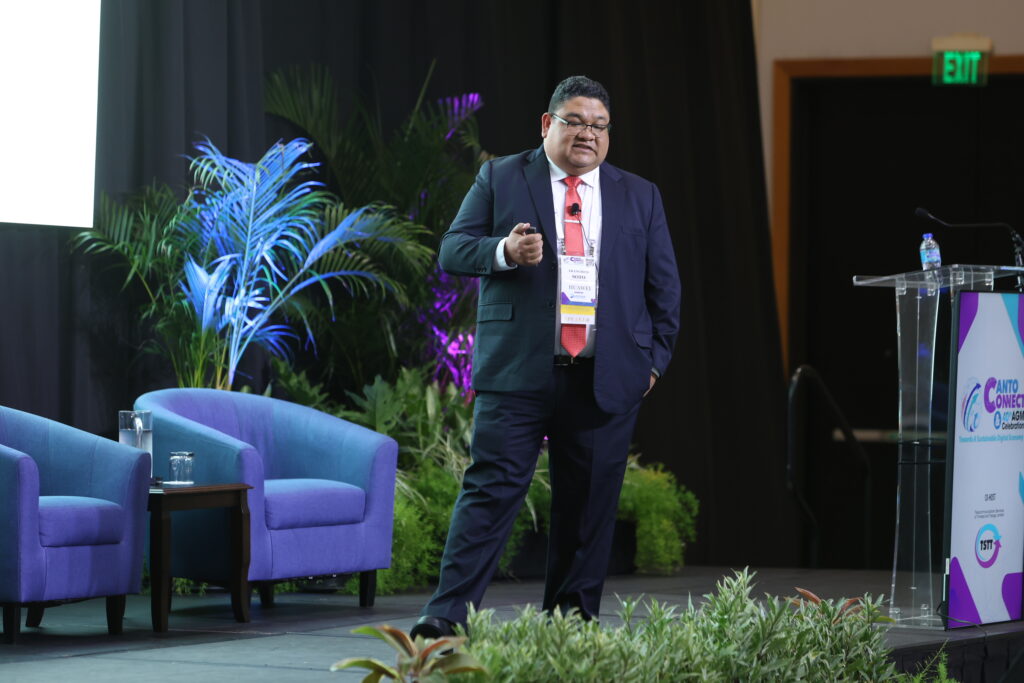
Also presenting at CANTO Connect was Mr. Francisco Soto, Huawei’s Chief Expert, Wireless Solutions. He spoke on “5G and Next-Generation Connectivity for Sustainability.” Mr. Soto noted that countries with higher levels of mobile connectivity have had greater success in achieving the United Nations’ seventeen (17) Sustainable Development Goals (SDGs). He explained that public and private enterprises can harness Artificial Intelligence (AI), 5G, big data analytics, and mobile innovation to address societal and environmental issues, leading to positive outcomes regarding achieving the UN’s seventeen (17) development goals. The telecom and ICT industry, he noted, has been driven to consider sustainability as part of their business operations in their bid to contribute to reducing negative climate change impacts and costs. Smart technologies are aiding telcos, ICT providers, and other actors in the industry in addressing the sustainability issue. On the score, Huawei has partnered with Nova/Wind and Proboteck to roll out the technology for the early detection of forest fires in the Syggru Forest in Marousi Municipality near Athens, Greece. Sensors placed in strategic spots in the forest measure temperature and carbon dioxide emissions and alert remote observers of the possibility of a fire. Drones then survey the area to pinpoint the initial starting point of the potential fire. The system helps to improve the human response time to possible fires, saving the country’s natural heritage and biodiversity.
Beginning in 2022, Huawei, working with Dronetech in Austria, has been using drones, sensors, and AI to boost agricultural yields in the Nussböckgut vineyard in Austria. Mr. Soto explained that sensors buried throughout agricultural fields feed information to an AI that analyses what the farm requires for optimum farm output, and 5G-connected drones collect information that provides actionable intelligence to the farmer in real time. This initiative is vital as agriculture is a labour-intensive activity. Farmers who use innovative technology to gather data for decision-making can better deploy staff in more productive activities.
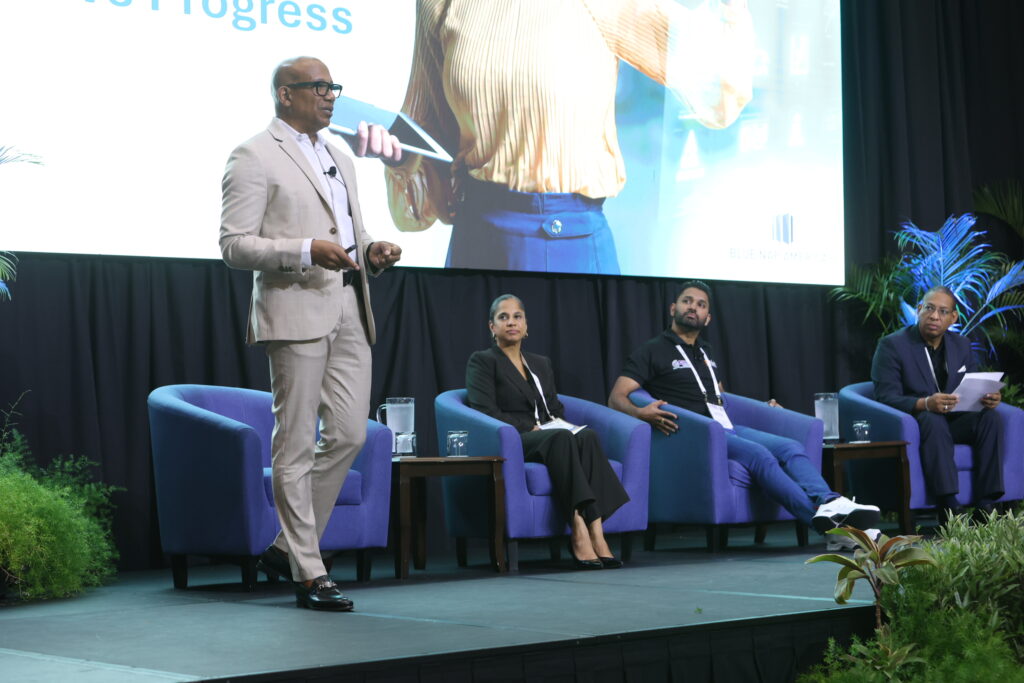
Contributing to the panel discussion on the topic “Caribbean Data Connect: Unveiling the Future of Caribbean Data Centers,” Blue NAP Americas Chief Executive Officer (CEO), Mr Giovanni King, revealed that his firm and Datasur have joined forces to form the Caribbean Datacenter Association (CDA). The body hopes to build a cutting-edge infrastructure connecting data centers across the Caribbean to facilitate the proliferation of the digital economy by creating a consolidated Caribbean market and digital economy. The ultimate aim is to foster the growth, collaboration, and excellence of the region’s data center operators and technology infrastructure providers by promoting best practices, advocating for the industry’s interests, facilitating knowledge sharing, and advancing innovation and sustainability.
The Blue Nap Americas CEO noted that the newly created Association aligns with the CARICOM Single ICT Space objectives. A data center association connecting a cluster of islands can have far-reaching benefits ranging from improved infrastructure resilience and resource sharing to economic development and environmental sustainability, Mr King told delegates. By investing in robust data infrastructure and fostering collaboration, Mr King added, islands can position themselves for long-term growth and prosperity in an increasingly digital world.
CANTO Connect ends on January 30th, 2024, following the close of the Association’s 40th AGM. Follow CANTO on Facebook, LinkedIn, YouTube, and Twitter for more highlights.

